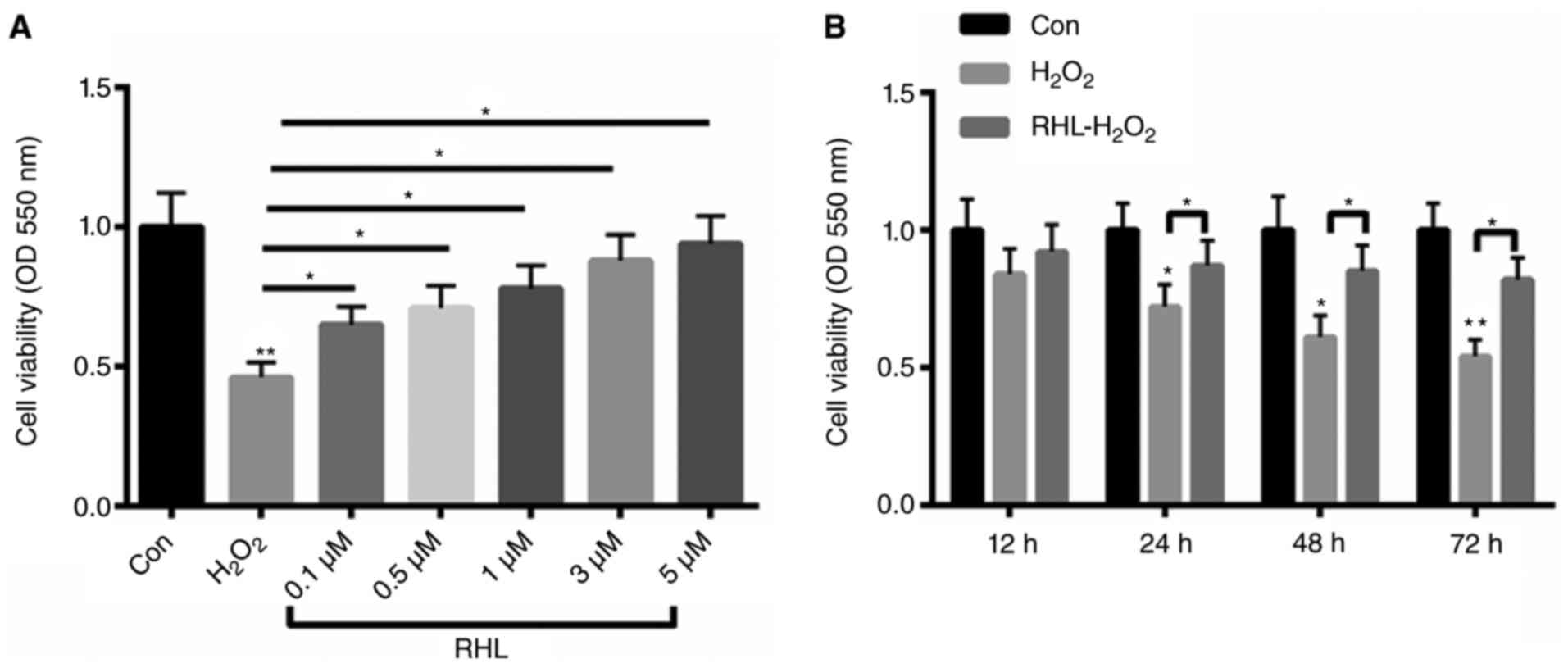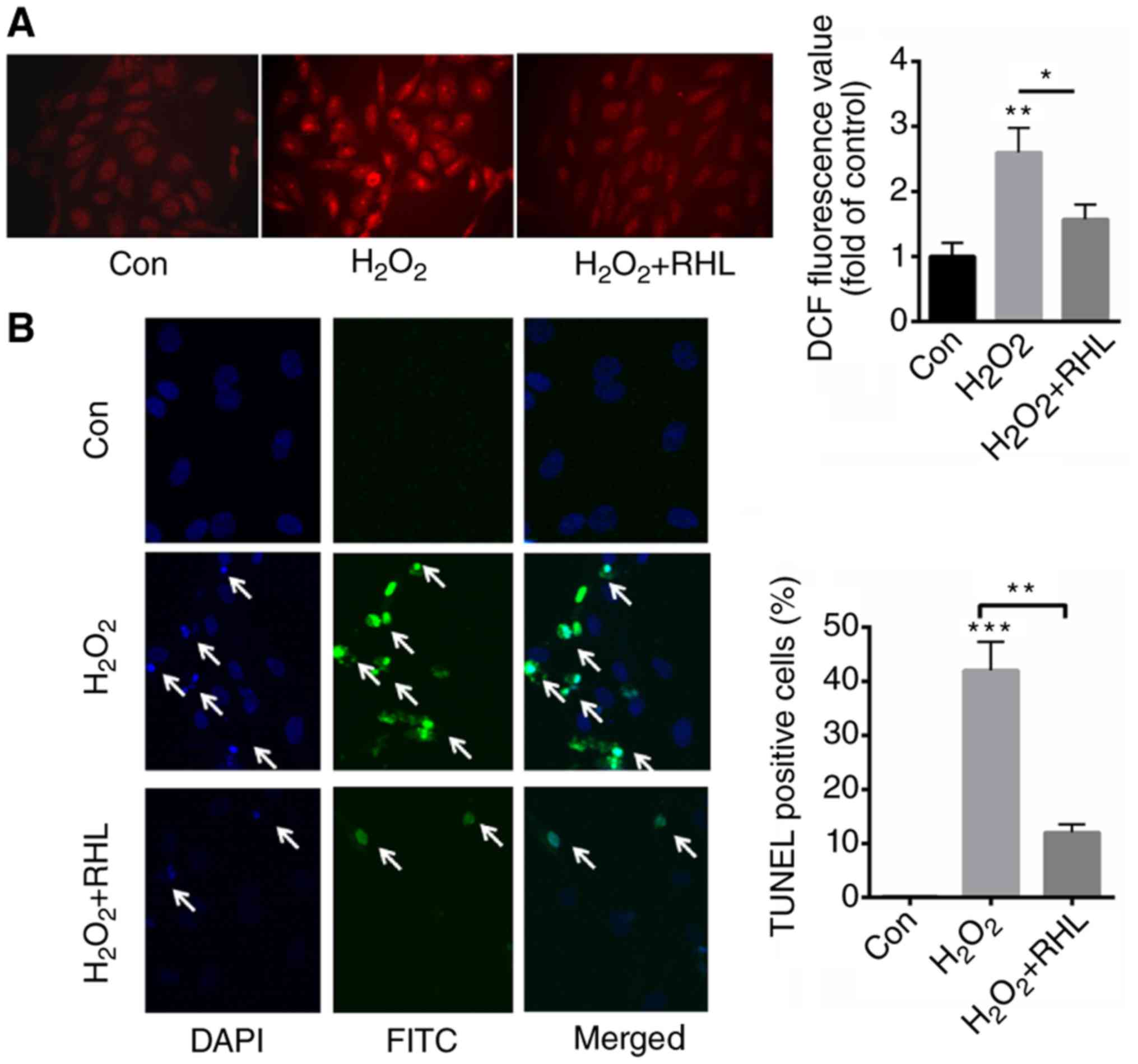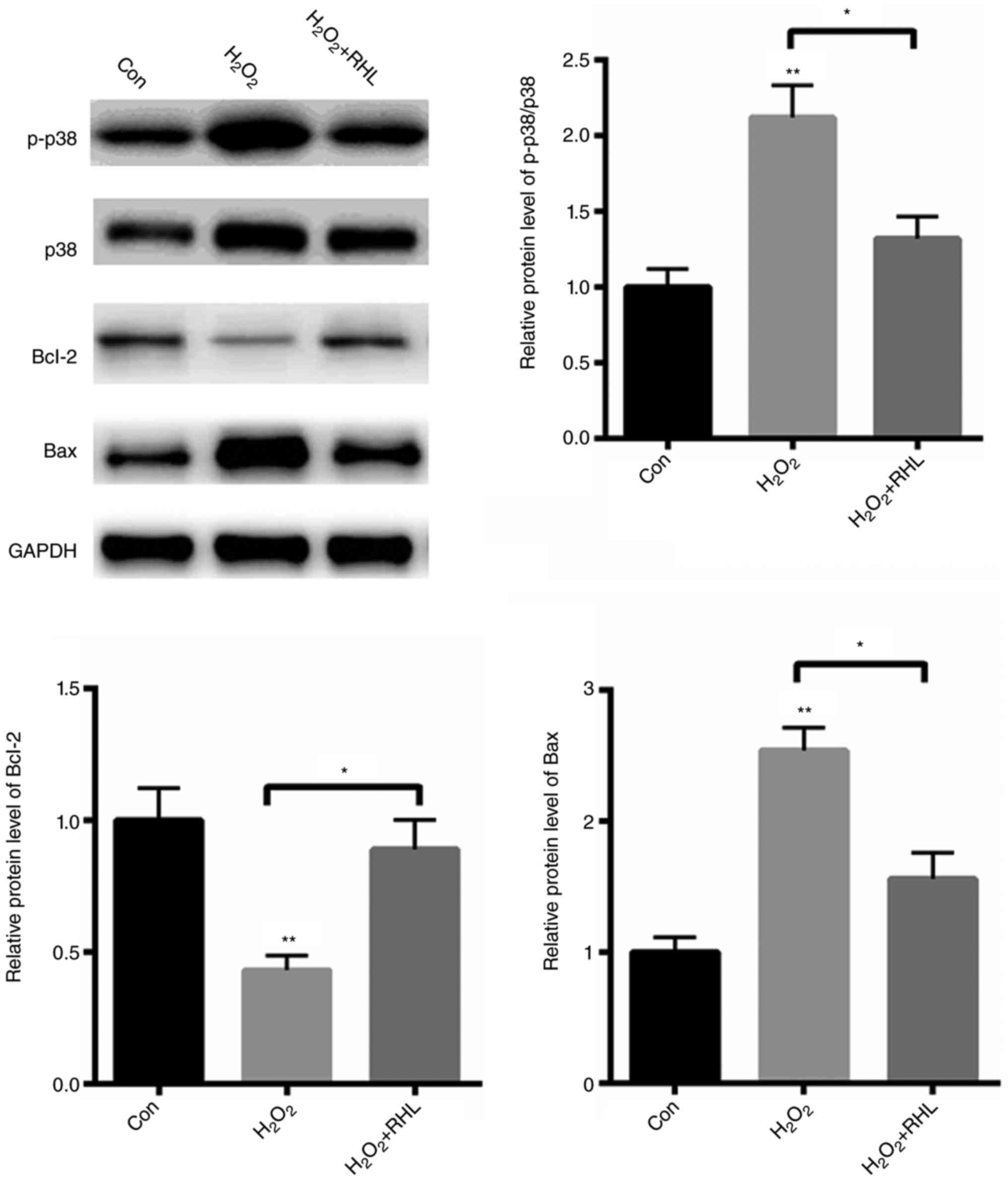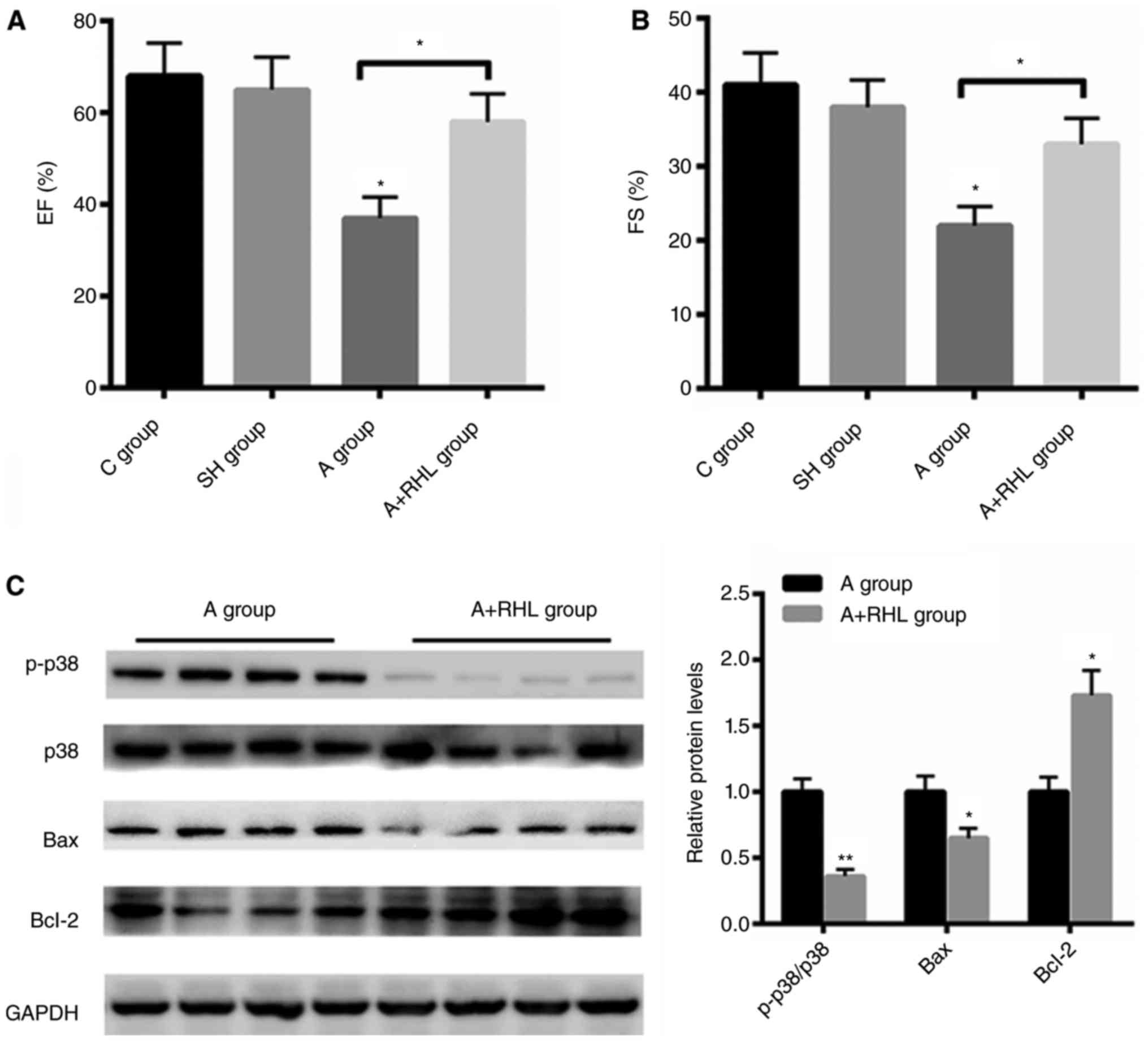|
1
|
Suzuki H, Nodera M, Kamioka M, Kaneshiro
T, Kamiyama Y and Takeishi Y: Intracardiac impedance after cardiac
resynchronization therapy is a novel predictor for worsening of
heart failure. Heart Vessels. 32:926–931. 2017. View Article : Google Scholar : PubMed/NCBI
|
|
2
|
Senni M, D'Elia E, Emdin M and Vergaro G:
Biomarkers of heart failure with preserved and reduced ejection
fraction. Handb Exp Pharmacol. 243:79–108. 2017. View Article : Google Scholar : PubMed/NCBI
|
|
3
|
Pecoraro A, Crescenzi L, Carucci L,
Genovese A and Spadaro G: Heart failure not responsive to standard
immunosuppressive therapy is successfully treated with high dose
intravenous immunoglobulin therapy in a patient with eosinophilic
granulomatosis with polyangiitis (EGPA). Int Immunopharmacol.
45:13–15. 2017. View Article : Google Scholar : PubMed/NCBI
|
|
4
|
Marx N: Heart failure and
diabetes-underestimated, underdiagnosed and poorly understood: A
call for action. Diab Vasc Dis Res. 14:67–68. 2017. View Article : Google Scholar : PubMed/NCBI
|
|
5
|
Mathur A, Fernández-Avilés F, Dimmeler S,
Hauskeller C, Janssens S, Menasche P, Wojakowski W, Martin JF and
Zeiher A: BAMI Investigators: The consensus of the Task Force of
the European Society of Cardiology concerning the clinical
investigation of the use of autologous adult stem cells for the
treatment of acute myocardial infarction and heart failure: Update
2016. Eur Heart J. Feb 15–2017.(Epub ahead of print). View Article : Google Scholar : PubMed/NCBI
|
|
6
|
Arabacilar P and Marber M: The case for
inhibiting p38 mitogen-activated protein kinase in heart failure.
Front Pharmacol. 6:1022015. View Article : Google Scholar : PubMed/NCBI
|
|
7
|
Cook SA, Sugden PH and Clerk A: Activation
of c-Jun N-terminal kinases and p38-mitogen-activated protein
kinases in human heart failure secondary to ischaemic heart
disease. J Mol Cell Cardiol. 31:1429–1434. 1999. View Article : Google Scholar : PubMed/NCBI
|
|
8
|
Di Lisa F, Kaludercic N and Paolocci N:
β2-Adrenoceptors, NADPH oxidase, ROS and p38 MAPK:
Another ‘radical’ road to heart failure? Br J Pharmacol.
162:1009–1011. 2011. View Article : Google Scholar : PubMed/NCBI
|
|
9
|
Marber MS, Rose B and Wang Y: The p38
mitogen-activated protein kinase pathway-a potential target for
intervention in infarction, hypertrophy, and heart failure. J Mol
Cell Cardiol. 51:485–490. 2011. View Article : Google Scholar : PubMed/NCBI
|
|
10
|
Wei J, Zhen YZ, Cui J, He FL, Shen T, Hu
G, Ren XH and Lin YJ: Rhein lysinate decreases inflammation and
adipose infiltration in KK/HlJ diabetic mice with non-alcoholic
fatty liver disease. Arch Pharm Res. 39:960–969. 2016. View Article : Google Scholar : PubMed/NCBI
|
|
11
|
Lin YJ, Zhen YZ, Wei J, Liu B, Yu ZY and
Hu G: Effects of Rhein lysinate on H2O2-induced cellular senescence
of human umbilical vascular endothelial cells. Acta Pharmacol Sin.
32:1246–1252. 2011. View Article : Google Scholar : PubMed/NCBI
|
|
12
|
Lin YJ, Zhen YZ, Zhao YF, Wei J and Hu G:
Rhein lysinate induced S-phase arrest and increased the anti-tumor
activity of 5-FU in HeLa cells. Am J Chin Med. 39:817–825. 2011.
View Article : Google Scholar : PubMed/NCBI
|
|
13
|
Hannan RD, Luyken J and Rothblum LI:
Regulation of ribosomal DNA transcription during
contraction-induced hypertrophy of neonatal cardiomyocytes. J Biol
Chem. 271:3213–3220. 1996. View Article : Google Scholar : PubMed/NCBI
|
|
14
|
Song B, Li T, Chen S, Yang D, Luo L, Wang
T, Han X, Bai L and Ma A: Correlations between MTP and ros levels
of peripheral blood lymphocytes and readmission in patients with
chronic heart failure. Heart Lung Circ. 25:296–302. 2016.
View Article : Google Scholar : PubMed/NCBI
|
|
15
|
Rojas A, Mercadal E, Figueroa H and
Morales MA: Advanced Glycation and ROS: A link between diabetes and
heart failure. Curr Vasc Pharmacol. 6:44–51. 2008. View Article : Google Scholar : PubMed/NCBI
|
|
16
|
Astashkin EI, Glezer MG, Vinokurov MG,
Egorova ND, Orekhova NS, Novikova AN, Grachev SV, Yurinskaya MM and
Sobolev KE: Actovegin reduces the ROS level in blood samples of
heart failure patients and diminishes necrosis of SK-N-SH human
neuroblastoma cells. Dokl Biol Sci. 448:57–60. 2013. View Article : Google Scholar : PubMed/NCBI
|
|
17
|
Borchi E, Bargelli V, Stillitano F,
Giordano C, Sebastiani M, Nassi PA, d'Amati G, Cerbai E and Nediani
C: Enhanced ROS production by NADPH oxidase is correlated to
changes in antioxidant enzyme activity in human heart failure.
Biochim Biophys Acta. 1802:331–338. 2010. View Article : Google Scholar : PubMed/NCBI
|
|
18
|
Liu J, Zhang K, Zhen YZ, Wei J, Hu G, Gao
JL, Tian YX and Lin YJ: Antitumor activity of rhein lysinate
against human glioma U87 cells in vitro and in vivo. Oncol Rep.
35:1711–1717. 2016. View Article : Google Scholar : PubMed/NCBI
|
|
19
|
Lin YJ, Hu G, Li KJ, Zhao YF, Wei J and
Zhen YZ: The protection of Rhein lysinate to liver in diabetic mice
induced by high-fat diet and streptozotocin. Arch Pharm Res.
38:885–892. 2015. View Article : Google Scholar : PubMed/NCBI
|
|
20
|
Hafstad AD, Nabeebaccus AA and Shah AM:
Novel aspects of ROS signalling in heart failure. Basic Res
Cardiol. 108:3592013. View Article : Google Scholar : PubMed/NCBI
|
|
21
|
Zuo L, Chuang CC, Hemmelgarn BT and Best
TM: Heart failure with preserved ejection fraction: Defining the
function of ROS and NO. J Appl Physiol (1985). 119:944–951. 2015.
View Article : Google Scholar : PubMed/NCBI
|
|
22
|
Heusch P, Canton M, Aker S, van de Sand A,
Konietzka I, Rassaf T, Menazza S, Brodde OE, Di Lisa F, Heusch G
and Schulz R: The contribution of reactive oxygen species and p38
mitogen-activated protein kinase to myofilament oxidation and
progression of heart failure in rabbits. Br J Pharmacol.
160:1408–1416. 2010. View Article : Google Scholar : PubMed/NCBI
|
|
23
|
Hoefer J, Azam MA, Kroetsch JT, Leong-Poi
H, Momen MA, Voigtlaender-Bolz J, Scherer EQ, Meissner A, Bolz SS
and Husain M: Sphingosine-1-phosphate-dependent activation of p38
MAPK maintains elevated peripheral resistance in heart failure
through increased myogenic vasoconstriction. Circ Res. 107:923–933.
2010. View Article : Google Scholar : PubMed/NCBI
|
|
24
|
Kerkela R and Force T: p38
mitogen-activated protein kinase: A future target for heart failure
therapy? J Am Coll Cardiol. 48:556–558. 2006. View Article : Google Scholar : PubMed/NCBI
|
|
25
|
Kita T, Ogawa M, Sato H, Kasai K, Tanaka T
and Tanaka N: Role of p38 mitogen-activated protein kinase pathway
on heart failure in the infant rat after burn injury. Int J Exp
Pathol. 89:55–63. 2008. View Article : Google Scholar : PubMed/NCBI
|
|
26
|
Nemoto S, Sheng Z and Lin A: Opposing
effects of Jun kinase and p38 mitogen-activated protein kinases on
cardiomyocyte hypertrophy. Mol Cell Biol. 18:3518–3526. 1998.
View Article : Google Scholar : PubMed/NCBI
|
|
27
|
Irukayama-Tomobe Y, Miyauchi T, Kasuya Y,
Sakai S, Goto K and Yamaguchi I: Activation of peroxisome
proliferator-activated receptor-alpha decreases
endothelin-1-induced p38 mitogen-activated protein kinase
activation in cardiomyocytes. J Cardiovasc Pharmacol. 44 Suppl
1:S358–S361. 2004. View Article : Google Scholar : PubMed/NCBI
|
|
28
|
Inagaki K, Satoh T, Yagi-Utsumi M, Le
Gulluche AC, Anzai T, Uekusa Y, Kamiya Y and Kato K: Redox-coupled
structural changes of the catalytic a' domain of protein disulfide
isomerase. FEBS Lett. 589:2690–2694. 2015. View Article : Google Scholar : PubMed/NCBI
|
|
29
|
Zhang D, Gaussin V, Taffet GE, Belaguli
NS, Yamada M, Schwartz RJ, Michael LH, Overbeek PA and Schneider
MD: TAK1 is activated in the myocardium after pressure overload and
is sufficient to provoke heart failure in transgenic mice. Nat Med.
6:556–563. 2000. View
Article : Google Scholar : PubMed/NCBI
|


















